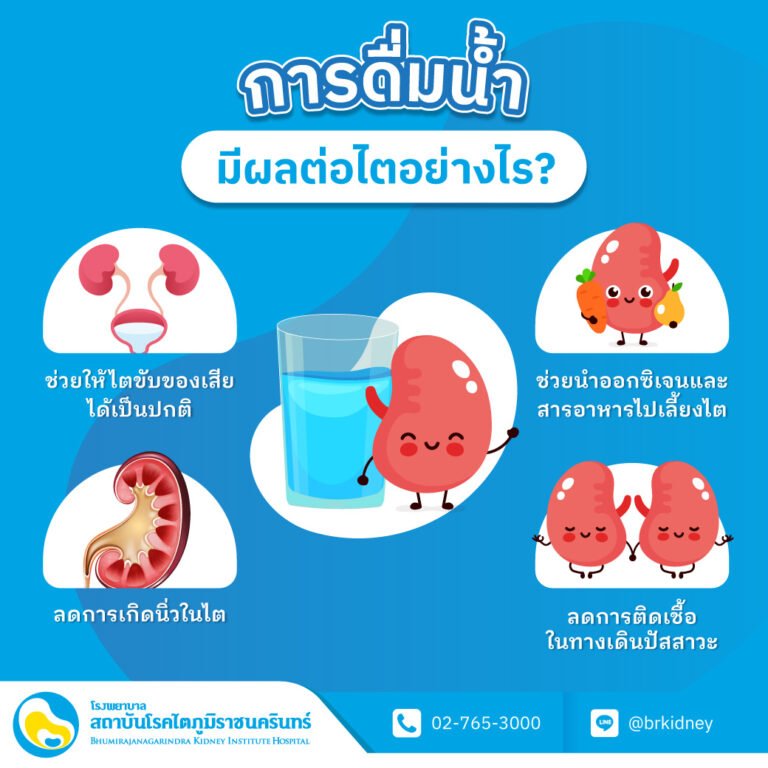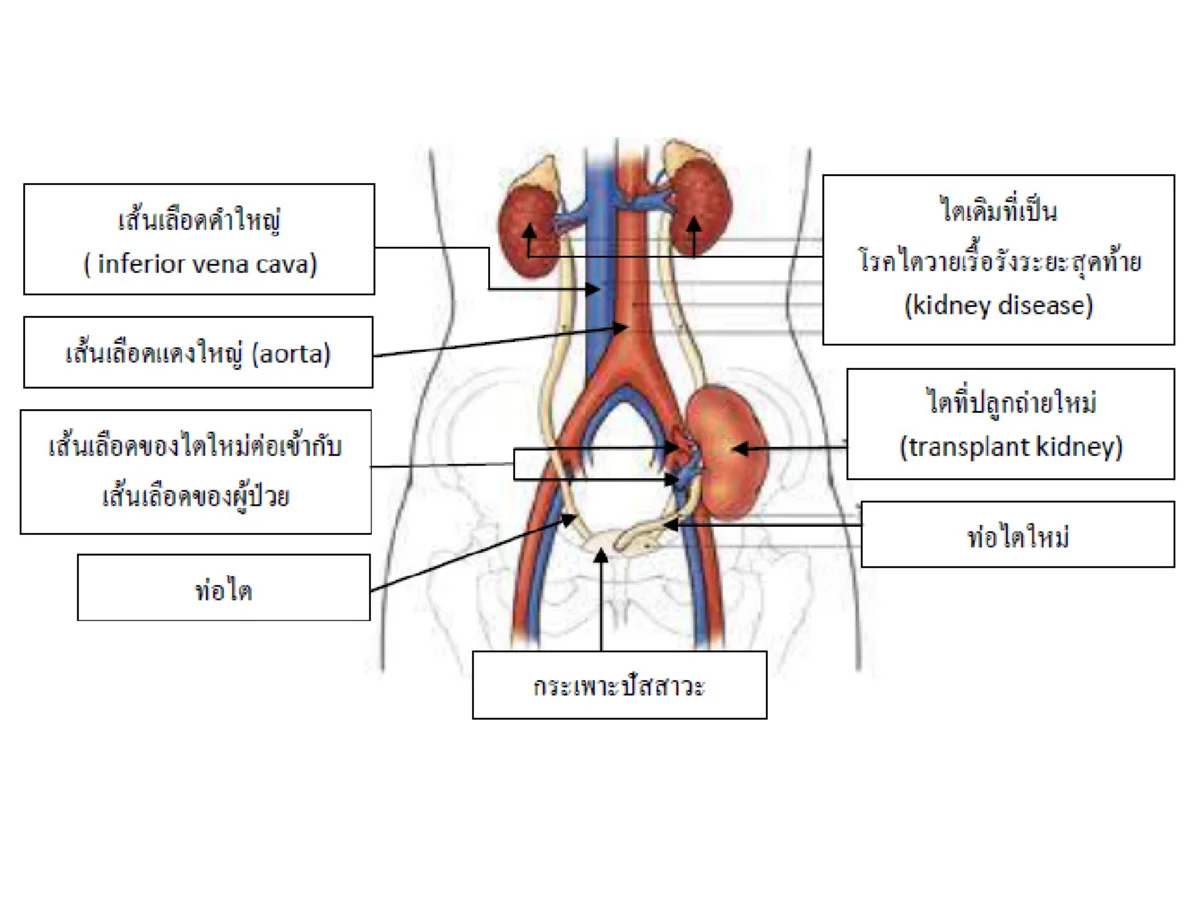Water is a crucial component of the human body, constituting approximately 60% of body weight. It plays a vital role in various organs and systems, serving as a key element in the circulatory system and aiding in the elimination of waste through the kidneys. Therefore, dehydration can disrupt these functions. Even a mild water deficiency may cause feelings of weakness, while severe dehydration can impair kidney function and disturb the normal operation of other organs.
Table of Contents:
Benefits of Drinking Water:
Water, being a major component of body fluids, holds numerous benefits for the body. Some of these include:
- Blood Component: It is a vital part of blood, facilitating the transportation of oxygen and nutrients to nourish the body.
- Regulation of Body Temperature: Maintains the body temperature within normal range.
- Relief from Constipation: Helps in bowel movement and prevents constipation.
- Prevention of Kidney Stones: Reduces the risk of kidney stone formation.
- Waste Elimination: Enables the body to excrete waste through sweat and urine.
- Joint Lubrication: Aids in lubricating joints and cushioning cartilage.
The body’s demand for water increases in various conditions such as:
- Hot weather
- Physical activity or exercise
- Fever
- Diarrhea or vomiting
Therefore, it is evident that water is crucial for the proper functioning of our bodies. Dehydration can have adverse effects on health.

How Does Drinking Water Affect the Kidneys?
The kidneys filter approximately 140–170 liters of blood per day, producing about 1-2 liters of urine daily to eliminate waste products. Water plays a crucial role in enabling the kidneys to expel waste from the body efficiently. Additionally, it is part of the circulatory system, aiding in the transport of oxygen and nutrients to nourish the kidneys adequately.
Drinking an adequate amount of water helps reduce the formation of kidney stones. Dehydration can lead to concentrated urine, increasing the risk of stone formation in the urinary tract.
Moreover, proper hydration helps decrease the likelihood of urinary tract infections. Maintaining sufficient and appropriate water intake contributes to the production of an adequate amount of urine, which, in turn, reduces the accumulation of disease-causing agents in the urinary tract.

Daily Water Intake
The recommended daily water intake varies among individuals based on factors such as age, weather conditions, physical activity, pregnancy, breastfeeding, or illness. People who engage in strenuous physical activity or reside in hot and humid climates generally require more water than those who are sedentary or in cooler weather. On average, daily water intake should not fall below eight glasses, but each person should adjust based on the factors mentioned earlier. Monitoring urine color is a helpful indicator; if urine appears dark yellow, it may indicate insufficient water intake.
However, individuals with reduced kidney function, especially those with late-stage kidney disease or undergoing kidney treatment, may need to restrict water intake more rigorously. This is particularly crucial for patients on dialysis or with other kidney-related conditions. Therefore, strict monitoring and adherence to water restrictions may be necessary.
Can Drinking Too Much Water Cause Kidney Failure?
Drinking excessive amounts of water can indeed have adverse effects on the body. If the intake surpasses the kidney’s capacity to excrete it, it can lead to an electrolyte imbalance, often resulting in low blood sodium levels (hyponatremia). This imbalance can affect the nervous and muscular systems, leading to symptoms such as confusion, muscle cramps, pale skin, fatigue, and weakness due to the kidneys working beyond their capacity.
Athletes, particularly marathon runners and triathletes, who rapidly consume large quantities of water, exceeding 6-10 liters, might experience abnormalities in electrolyte balance. In extreme cases, this can lead to seizures or loss of consciousness.
For individuals with kidney disease, especially those in advanced stages, an inability to excrete urine adequately may result in electrolyte abnormalities and fluid retention. Unrestricted or excessive water intake in such cases can exacerbate these issues, leading to complications such as respiratory distress, swelling, and fatigue. Therefore, individuals with kidney disease should consult their healthcare provider for personalized guidance on water intake.
Proper Hydration
The recommended daily water intake varies for each individual, but on average, it is about 8 glasses per day or 1.5 – 2 liters per day.
It is advisable to distribute the recommended water intake throughout the day. The water consumed should be clean and at room temperature, not too hot or too cold. If drinking warm water, it should be slightly warm. It’s also beneficial to drink water in the morning to facilitate bowel movements. Drinking large amounts of water at once should be avoided, as it may disrupt the body’s mineral balance.
Observing the color of urine can indicate whether one is adequately hydrated. Ideally, urine should be clear or slightly yellow. Dark or cloudy urine may suggest dehydration, indicating the need to increase water intake. In situations where the body requires more water, such as in hot weather, during physical activity, vomiting, diarrhea, or fever, increasing water intake is recommended.






